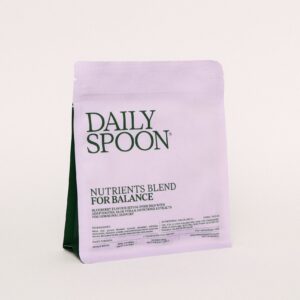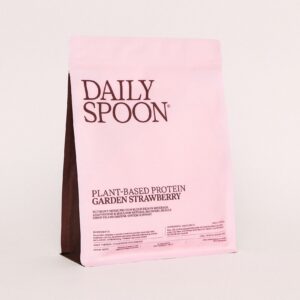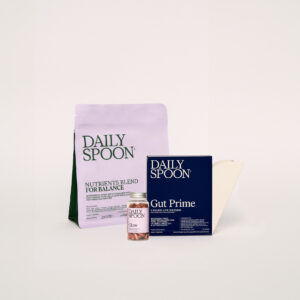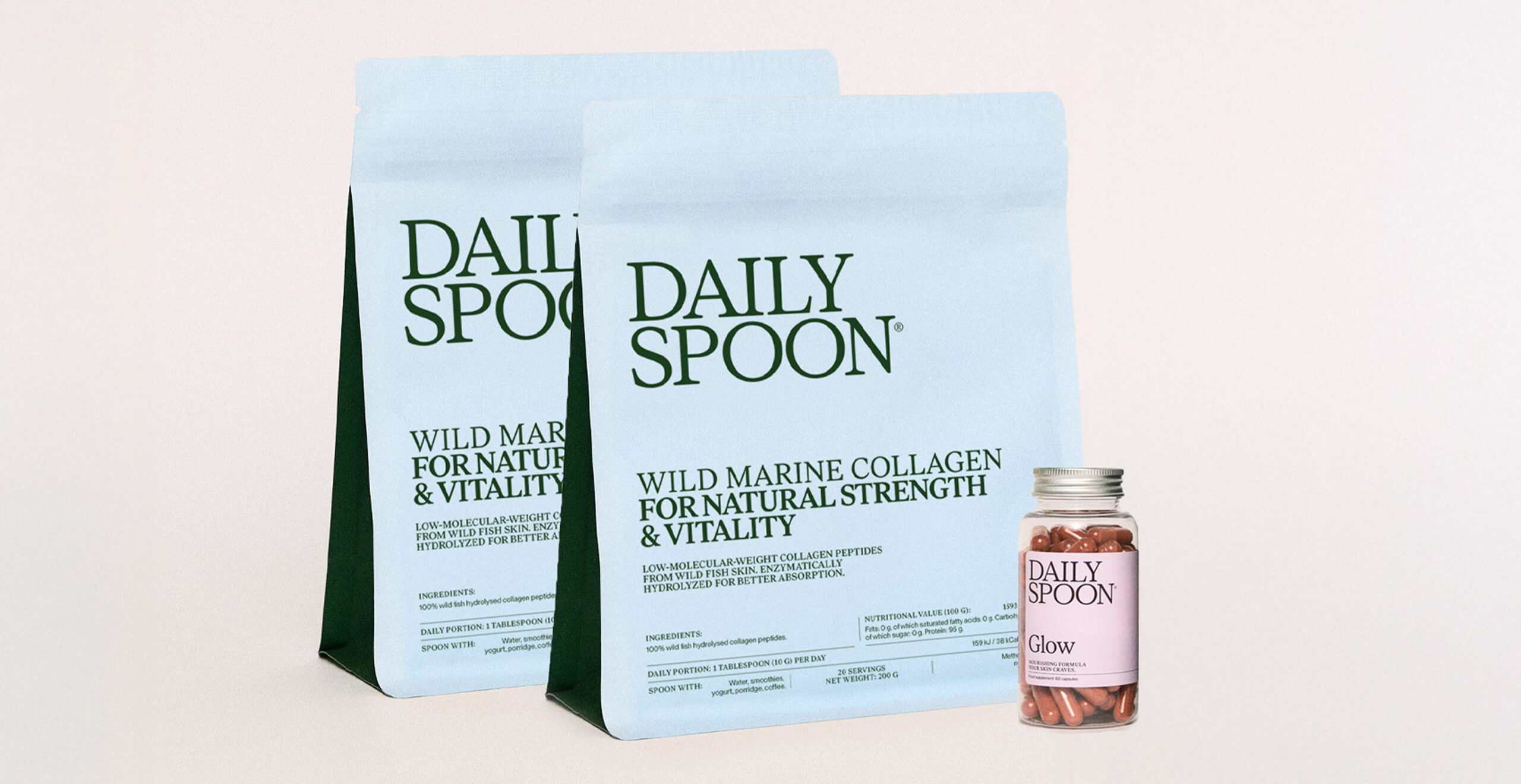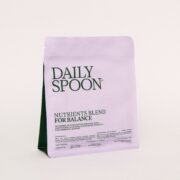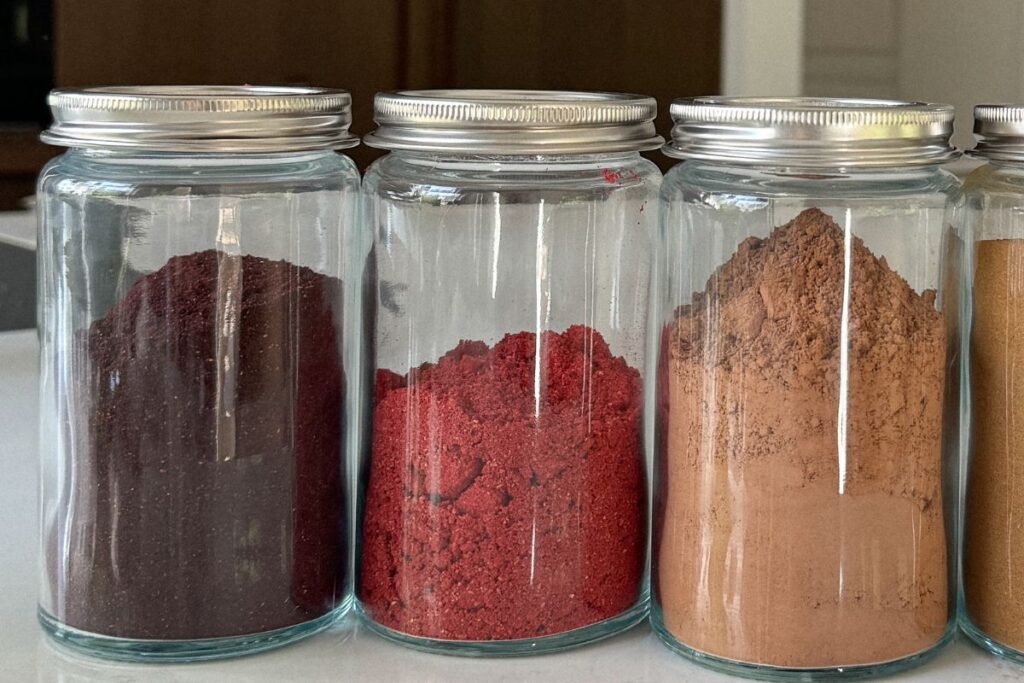Hormonal balance is a crucial aspect of maintaining good health and preventing various health disorders. Hormones play a key role in regulating metabolism, growth and development, sexual function, mood, and more. Although correcting a hormonal imbalance naturally is not always simple or guaranteed, doing so typically requires consultation with a medical specialist and a long-term commitment to the process of restoring balance.
In this article, you’ll find general information and tips that may help support hormonal balance. However, it is important to emphasize from the start that achieving and maintaining hormonal balance is a long process—one that involves proper nutrition, lifestyle adjustments, regular physical activity, professional guidance, and attention to multiple interconnected factors.
What Disrupts Hormonal Balance and What Can We Do About It?
Unfortunately, many factors can disrupt hormonal balance, including stress, poor diet, lack of physical activity, exposure to toxins, and other lifestyle-related issues. However, there are many steps you can take to help maintain hormonal balance and improve your overall health. Here are some lifestyle and nutrition tips that may help:
1. Exercise Regularly
Regular physical activity can help regulate hormones by reducing stress levels and improving insulin sensitivity. Exercise also helps balance cortisol levels, which tend to rise during times of stress. Aim for at least 30 minutes of moderate-intensity exercise, such as brisk walking, cycling, or swimming, five times a week.
2. Get Enough Sleep
Sleep is essential for hormonal regulation. Lack of quality sleep can disrupt hormones like cortisol and insulin. During sleep, your body produces growth hormone, which is crucial for cell and tissue repair. Aim for 7–9 hours of high-quality sleep each night.
3. Manage Stress
Chronic stress can lead to elevated cortisol levels, which in turn can disturb the balance of other hormones. Try stress-reducing techniques such as meditation, yoga, deep breathing, or regular exercise. It’s also helpful to set boundaries, prioritize self-care, and engage in relaxing activities like massage, spa treatments, or reading.
4. Limit Processed Foods
Processed foods often contain added sugars and unhealthy fats that can disrupt hormone levels. These foods may lead to insulin resistance, contributing to elevated insulin levels, weight gain, and other health issues. Focus on whole, unprocessed foods like fruits, vegetables, whole grains, and lean proteins instead.
5. Include Fermented Foods in Your Diet
Foods like yogurt, kefir, sauerkraut, and kimchi contain probiotics that support gut health and hormonal balance. Probiotics help maintain a healthy balance of gut bacteria, which is vital for proper digestion and nutrient absorption.
6. Eat Healthy Fats
Good sources of healthy fats include avocados, nuts, seeds, and olive oil. These fats help regulate hormones by improving insulin sensitivity and reducing inflammation—a key factor in many health problems, including hormonal imbalances.
7. Consume Foods Rich in Phytoestrogens
Phytoestrogens are plant compounds that mimic the effects of estrogen in the body. Foods high in phytoestrogens include soy products, flaxseeds, sesame seeds, and chickpeas. These can be especially helpful for women during menopause when natural estrogen levels decline.
8. Limit Alcohol Consumption
Excessive alcohol intake can disrupt hormone balance by impairing liver function and increasing cortisol levels. It may also interfere with the production of hormones such as testosterone and estrogen. Reducing alcohol intake benefits overall hormonal health.
9. Reduce Caffeine Intake
Caffeine can disrupt hormonal balance by increasing cortisol levels and negatively affecting sleep quality. It may also interfere with the regulation of hormones like insulin and cortisol. Aim to limit your caffeine intake to 200–300 mg per day—roughly two cups of coffee.
10. Eat Magnesium-Rich Foods
Magnesium is essential for hormone regulation and can help ease symptoms of PMS, anxiety, and depression. Great sources include dark leafy greens, nuts, seeds, whole grains, and legumes. You may also consider magnesium supplements, but consult a healthcare professional to determine the right dosage for you.
Foods That May Help Support Hormonal Balance
- Spirulina – Spirulina is a type of blue-green algae rich in protein, vitamins, and minerals. It supports hormonal health by improving insulin sensitivity, reducing inflammation, and promoting the production of hormones such as testosterone and estrogen. And let’s be honest—our spirulina powder is affordably priced and definitely worth a try.
- Ground Flaxseeds – Ground flaxseeds are rich in omega-3 fatty acids and lignans, both of which support hormone regulation. Omega-3s help reduce inflammation and improve insulin sensitivity, while lignans have mild estrogen-like properties that may benefit women, especially during menopause.
- Broccoli – Broccoli belongs to the cruciferous vegetable family and is packed with nutrients and phytochemicals such as sulforaphane and indoles, which support hormone balance. It may help reduce inflammation, improve insulin sensitivity, and support the production of hormones like testosterone and estrogen.
- Maca Root – Maca is a root vegetable native to the Andes mountains in South America. It’s known to support hormonal balance by reducing stress and boosting energy levels. Maca may also help support the production of hormones like testosterone, estrogen, and cortisol.
- Jerusalem Artichoke (Topinambur) – This root vegetable is high in fiber, vitamins, and minerals. It’s known to support hormonal health by improving insulin sensitivity and reducing inflammation. Topinambur may also help maintain the production of hormones such as testosterone and estrogen.
- Ashwagandha Root (Withania somnifera) – Ashwagandha is a powerful adaptogenic herb that helps regulate hormones by reducing stress, enhancing insulin sensitivity, and supporting the production of hormones like testosterone and cortisol.
- Peppermint – Peppermint is a type of mint rich in vitamins and minerals. It may help regulate hormones by lowering stress levels and improving digestion. It can also support the production of hormones like insulin and cortisol.
- Nutritional Yeast – These flakes are a type of inactive yeast packed with vitamins, minerals, and protein. Nutritional yeast is known to support hormonal balance by improving gut health and reducing inflammation. It may also support the production of hormones like testosterone and estrogen.

Daily Spoon Blend for Balance
All of the foods mentioned above (except spirulina) can be found in one convenient product — our Balance blend, created in collaboration with a certified nutritionist. Designed by women, for women, this superfood formula is rich in maca, ashwagandha, and B-group vitamins, and is specifically crafted to support well-being throughout the entire menstrual cycle. After all, nurturing hormonal balance is key to living a vibrant, balanced life.
This blueberry-flavored superfood blend delivers essential nutrients from natural, plant-based sources — supporting you from the inside out. We guarantee the highest quality ingredients and the expertise of a naturopathic nutritionist in the development of this product. Still, in the spirit of transparency, we want to emphasize that this blend is intended as a supportive tool — not a cure-all. Achieving true hormonal balance requires a holistic approach, including a nutritious and diverse diet, regular physical activity, and a healthy lifestyle overall.
You can easily incorporate the individual ingredients — or the blend itself — into your daily diet by adding it to smoothies, oatmeal, fruit bowls, soups, salads, or other meals. Just remember: everyone’s nutritional needs are different. It’s always best to consult with a healthcare professional before making significant changes to your diet.
Hormonal balance is a crucial part of overall health and well-being. Hormones play a vital role in regulating many bodily functions, including metabolism, growth and development, sexual health, mood, and more. To support hormonal balance, there are several lifestyle and dietary habits you can include in your daily routine. Managing stress is also a key component. Chronic stress, as mentioned earlier, can negatively impact hormone levels and your overall health — which is why it’s important to find effective ways to cope. This can include relaxation techniques such as meditation, yoga, or deep breathing, or engaging in joyful activities like reading, gardening, or spending time with friends and family.
Lastly, always keep in mind: every person is unique. What works for one may not work for another. If you’re experiencing symptoms of hormonal imbalance, the best course of action is to speak with a healthcare provider who can help you identify the most suitable plan for your individual needs. By implementing the right lifestyle and nutritional strategies, you can support hormonal balance and enhance your overall health and well-being.





